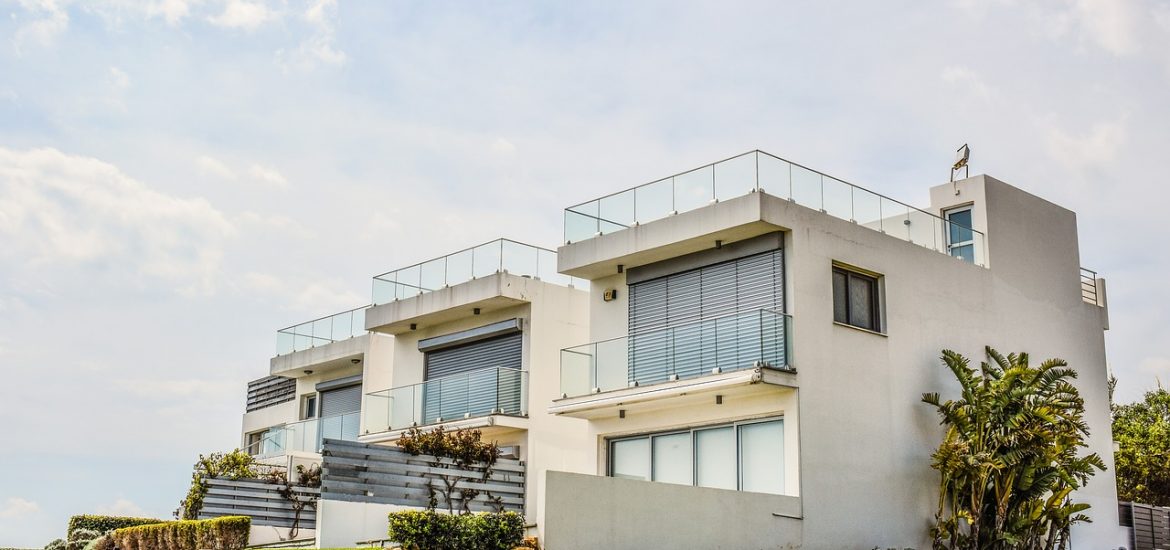Are you planning to lease your property? Whether you are a buy-to-let property investor or you are a homeowner ready to lease out your existing property, you must know and follow key step-by-steps so you can make the most out of your property rental.
Do a Good Research
Look up similar properties like yours in your areas and find out how much the landlords are requesting for lease. If you plan on using a property agent, then scout around for credible and trustworthy ones in your area, as well as the list of services the agency offers and their price.
Speak to Your Mortgage Lender
Once you have decided on leasing your property, then you must respect the terms of your mortgage contract that requires you to let your mortgage lender know. You must get their permission before you go ahead with your move. Otherwise, you would be breaking your contract with them.
Usually, you’ll need to get official permission in what is called ‘Consent of Lease’ from your lender before you lease out any part of the property.
Sort Out Insurance
Another key party you must inform of your decision to lease your property are your current insurance providers, as giving out your space to a tenant may mean needing to amend these policies.
It’s also essential you get a landlord insurance policy so as you get adequate cover for all parties involved in the case of something going wrong. This will save you from a mounting set of legal fees f the worst should happen to your property.
Get Your Property Ready
There are a few more options to consider when leasing your property, such as whether to rent it out furnished or unfurnished. Other things you will have to ensure are done before any leases are signed are:
- Fixing any faulty or damaged fittings or appliances in the property, such as the plumbing, cooking appliances, windows and doors.
- Removing anything fragile or of high value from the property.
- Carry out a quick renovation or redecoration to increase the value and attractiveness of the property.
Hire an Agent
This step is not compulsory, but it may be worth considering given that an agent can help you do a large part of the legwork to help you get good tenants deal. These include:
- Advertising your property to prospective tenants
- Arranging to meet and showing prospective tenants around the property.
- Vetting prospective tenants on your behalf
- Drawing up a tenancy contract
- Helping to deal with occasional tenant complaints and other matters on your behalf, in the event you are often too busy with other personal or business matters.
Property agents typically charge between 10% and 15% commission of your rental income, which is a fair cut for work they would be doing for you.
Screen prospective tenants
Your agent could help you screen prospective tenants, but you may also want to have a meeting with them and decide if they would make good tenants in your property. Some property agents do a thorough job on this, and some landlords choose to leave this step completely with them. Vetting possible tenants usually includes performing reference and credit checks to ensure everything is above board.

